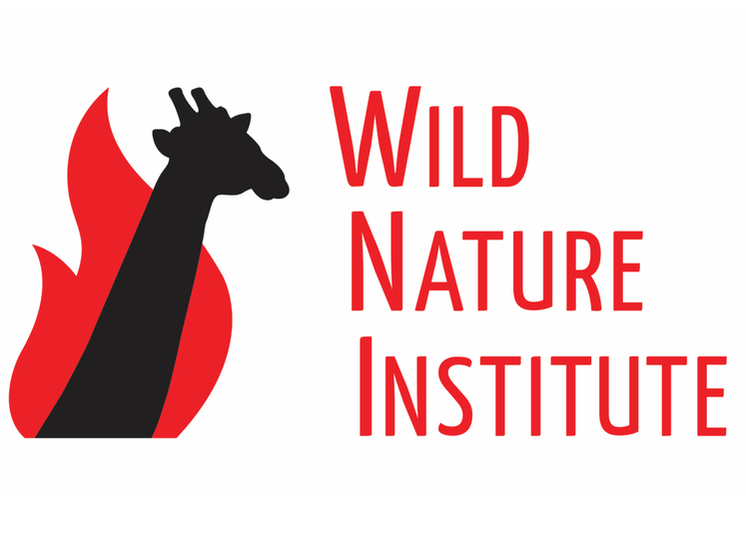|
Don't log or replant the Rim Fire burned area Monica Bond and Richard L. Hutto Published 4:54 pm, Tuesday, December 17, 2013 http://www.sfgate.com/default/article/Don-t-log-or-replant-the-Rim-Fire-burned-area-5073110.php
Hardly anyone rejoices when they hear of a catastrophic fire raging through a forest. And yet the fact is that the hottest, most severe fire is as ecologically necessary and beneficial for Western forests as rainfall or sunlight. The announcement Dec. 6 by the Stanislaus National Forest that it plans to plans to conduct clear-cut logging and artificially replant the Rim Fire burn area near Yosemite is predictable, but ignores the fact that severely burned forests are living, thriving habitats that always have been a natural part of Western forest ecosystems. Anyone having the opportunity to experience a severely burned forest like the Rim Fire is blessed with a cacophony of birdsong, the hum of insects, and a wildflower and pollinator show like nowhere else on the planet. Where else to harvest a fire morel or to see fire moss? Fire-killed trees attract legions of insects that flourish in the wood beneath the charcoal bark and in the new shrubs and flowers. Many bird species seek out severely burned forests specifically for this rich insect food source. One species in particular, the black-backed woodpecker, is found in vastly greater numbers in severely burned than in unburned forests. Along with other woodpecker species, black-backs excavate their nest holes in the dead trees, which then provide nesting sites for other animals that can't make their own nest cavities. The species is the best-adapted woodpecker in the world for extracting beetle larvae from fire-killed trees, and has become an icon for the ecological importance of severely burned forests. Unfortunately, it's hard to dispel the myth that forest fires are nothing but bad. And the myth perpetuates expensive, ecologically damaging and unnecessary fire suppression and logging (all funded by taxpayers, of course) in places far from where fire threatens human lives and property. It's time for the media to provide an ecologically literate perspective on forest fires. Forest "restoration" after severe fire is completely unnecessary because severe fire itself restores habitat for fire-dependent species. More to the point here, post-fire salvage logging - an activity perpetuated by fire hysteria, and demanded by House resolutions 1526 and 3188 - always inflicts serious ecological damage to the forest system, as dozens upon dozens of studies have shown. We encourage everyone to visit the Rim Fire area and see for themselves the transformative power of severe fire and nature's exuberant response. We need to look at the science, rather than listening to outdated and sometimes self-serving myths about the villainy of forest fire. Severe fires create an important and rare habitat - one that we should celebrate and protect. This will only happen if enough people learn the truth and speak out in its defense. What you can do -- Write or call the U.S. Forest Service to ask foresters to leave the Rim Fire area near Yosemite unlogged and natural. -- Write or call your congressional representative to say you support the 250 forest scientists who signed a letter opposing any new legislation, such as HR1526 or 3188, which would harm these unique burned-forest systems. To read the text of the letter, go to http://bit.ly/19b9C2X. Monica L. Bond, a wildlife biologist, is a principal scientist with the Wild Nature Institute. Richard L. Hutto is a professor of biology and wildlife biology at the University of Montana.
0 Comments
Your comment will be posted after it is approved.
Leave a Reply. |
Science News and Updates From the Field from Wild Nature Institute.
All Photos on This Blog are Available as Frame-worthy Prints to Thank Our Generous Donors.
Email Us for Details of this Offer. Archives
July 2024
|
|
Mailing Address:
Wild Nature Institute PO Box 44 Weaverville, NC 28787 Phone: +1 415 763 0348 Email: [email protected] |
|

 RSS Feed
RSS Feed
